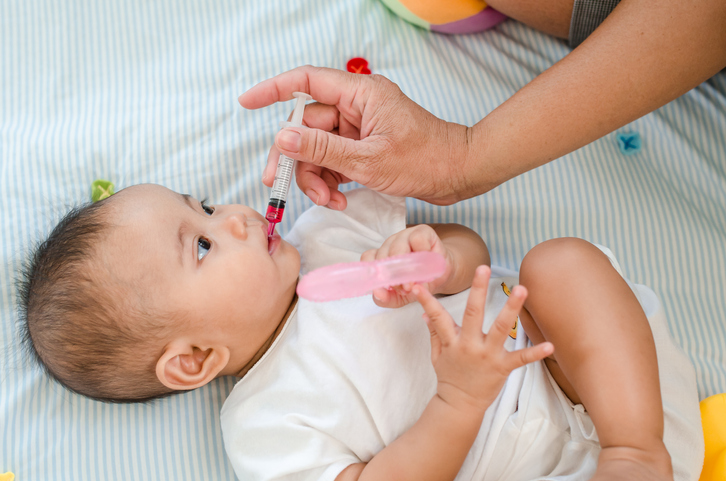Baby Prescriptions: How To Better Serve Your Smallest Patients
Posted by Total Pharmacy Supply on Jan 20th 2023

As a pharmacist, you play an important role in the health of our youngest patients. Babies and toddlers depend on pharmacists to provide accurate advice about medication and offer parents guidance when administering medications safely. Remember, these parents are coming to you with their most precious possession — it’s important to listen, be compassionate and be prepared with the correct information and resources.
It’s essential that pharmacists are well-versed in pediatric care so they can give families peace of mind when it comes to their children’s health. Here are some tips for how pharmacists can better serve babies at their pharmacy:
1. Be aware of age-appropriate dosages for medications. Not all medications are suitable for babies and toddlers, and it’s important to know the appropriate dosage for each one before recommending a particular medication.
2. Make sure you answer any questions parents may have about their child’s medication accurately. It can be especially helpful to explain the potential side effects that may occur and how to monitor them.
3. Advise parents on the importance of reading medication labels carefully and storing medications in a safe place away from their children. You should also provide clear instructions on the prescription label for administering the medication correctly. Make sure parents also have the number for poison control, just in case they accidentally administer too much or the child somehow gets a hold of the medication.
4. Offer advice on OTC medications for infants and toddlers. When parents are considering over-the-counter medications, it’s important to make sure they understand how to use them safely and effectively. First time parents especially may have a lot of questions about what their babies can take or what’s most helpful. Be ready with confident and compassionate answers!
5. Offer advice on administering medications safely, such as using an oral syringe or measuring spoon when giving liquid medications. Some other ways to administer prescriptions to babies include crushing pills and mixing them with food, cutting tablets into small pieces, or dissolving powders in liquid for easier administration. Compounding pharmacies can also help parents administer medications to their children via specialized delivery methods, such as topical creams and gels. One particular brilliant product you might want to try for smaller infants is Dr. Brown’s Pacidose, a pacifier medicine dispenser.
6. Monitor medication usage closely. Pharmacists should keep an eye out for any signs of overuse or misuse and be sure to educate parents on the proper storage, administration, and disposal of medications.
7. Finally, provide resources for parents to learn more about their child’s medication, such as dosage charts or information sheets. This is a great way to ensure families are well-informed about the medications they’re providing for their children.
By following these tips, pharmacists can help provide parents and caregivers with the information they need to safely and effectively administer medication to their babies. With a little extra attention to detail, pharmacists can help ensure that the youngest members of their community are given the best care.
